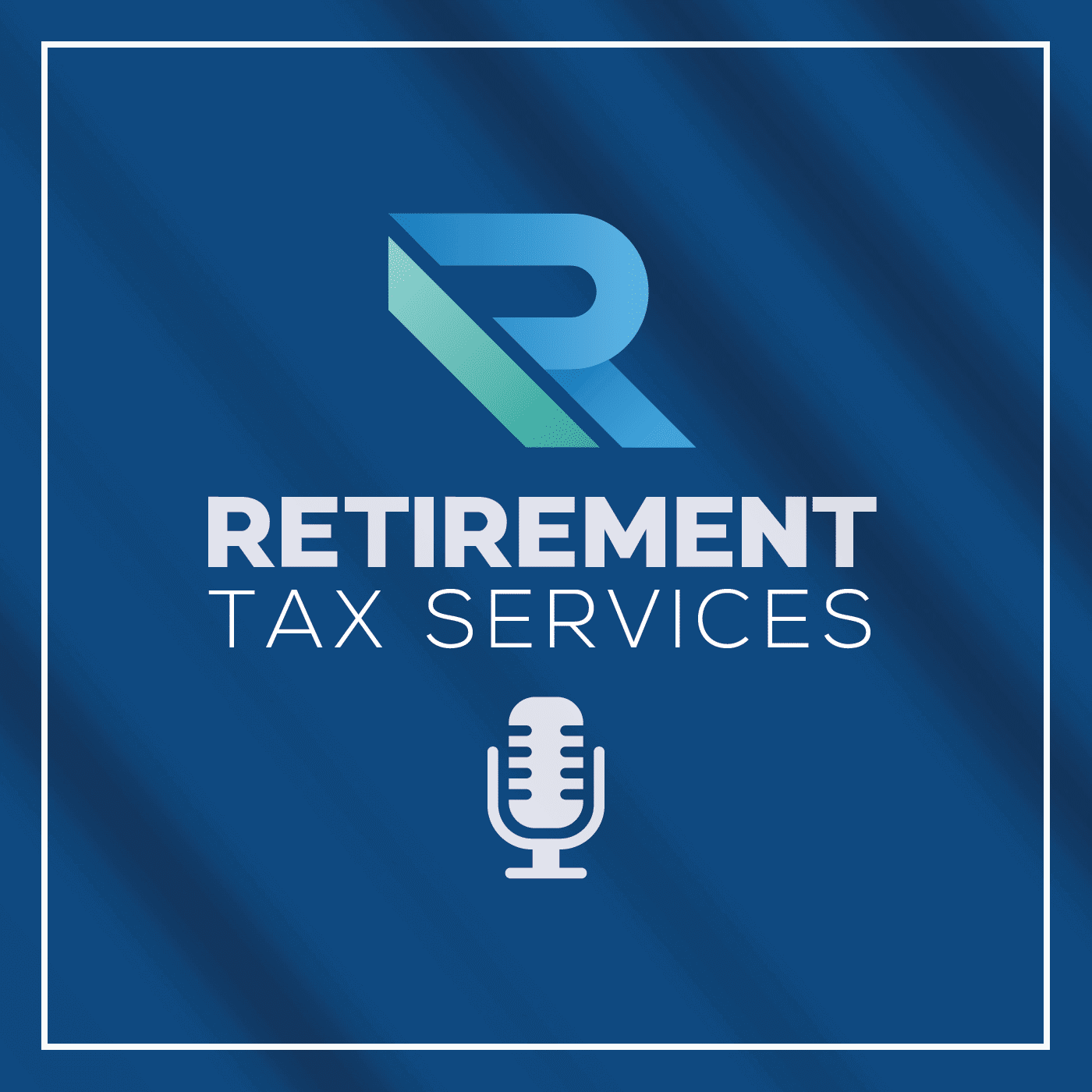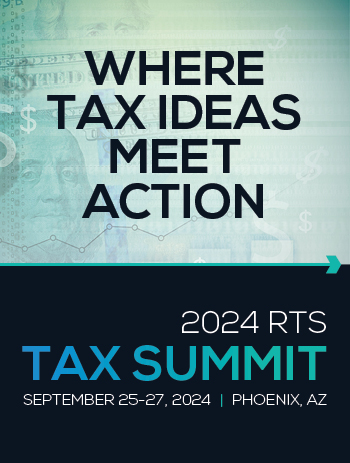
#002 – What If Tax Rates Don’t Go Up?
Conventional wisdom on Roth conversions is that you bite the bullet now by paying taxes on purpose so you avoid higher tax rates in the future…but what if Congress doesn’t increase tax rates?
Let’s set aside the philosophical debate on what tax rates are likely to do in the future for a second and start with another question, should you even care?
Converting to Roth should not be looked at as placing a bet on the future whims of Congress (at least not entirely). Having dollars in Roth creates tax flexibility and hedges against being in a higher tax bracket in the future, which can create tax savings, regardless of why you end up in that higher tax bracket.
It’s important to remember that with a progressive tax system (which is what our income tax system is, the more you make, the higher your effective tax rate), the more you make in a year, the more you pay in taxes in that year. That’s obvious, I know, but it’s important you understand that and your clients understand that when you’re having this discussion.
A simple example of this: all else being equal, $100,000 of income in one year will almost always be taxed higher than that same $100,000 spread across multiple years. So when your client inevitably comes across an unexpected need for cash (income), hopefully for something fun like an RV or a trip with the grandkids, but possibly for something less fun like a new roof or medical bills, if their only option for that cash (income) is a pre-tax account, they are going to get killed on taxes in that year. Having the option of Roth has created flexibility.
Roth conversions are also one of the best ways to influence the eventual amount of RMDs a person will pay, which also helps create flexibility and fewer situations where we simply have to let taxes happen to us.
Getting back to tax rates going up. The RTS crystal ball is as broken as everyone else’s, so we can’t tell you what Congress will do now or in the future. Tax rates are at historical lows, and government debt and spending are through the roof, but any guess on when or how much rates might change in the future is just that, a guess…with a few exceptions:
- Tax rates are already scheduled to go up in 2026 with the tax cuts and jobs act. For some taxpayers, this could be a 20+% increase in taxes instantly
- For married couples, one spouse is almost guaranteed to outlive the other, which is again an instant (and significant) tax increase
- Depending on the legacy plans of the taxpayer, their beneficiaries could be inheriting pre-tax dollars in their peak earnings years, which again means a massive tax increase compared to the rates we are enjoying now.
What can you do about it?
Ask great questions before you start simply giving answers.
With any tax planning strategy, including Roth conversions, the conversation has to start with the end in mind. By understanding a taxpayer’s long-term goals and setting clear expectations up front, you have a foundation to refer back to regardless of how tax rates change in the future. You should absolutely let clients know that there is uncertainty in any future planning, but all we are left with is “doing the best we can based on the information and laws we have now”.
This is also an area where you build your credibility by personally taking the same approach you recommend to your clients where it’s applicable. Being able to share that you are personally converting Roth supports the value of the strategy for them as well.
Happy Tax Planning!



